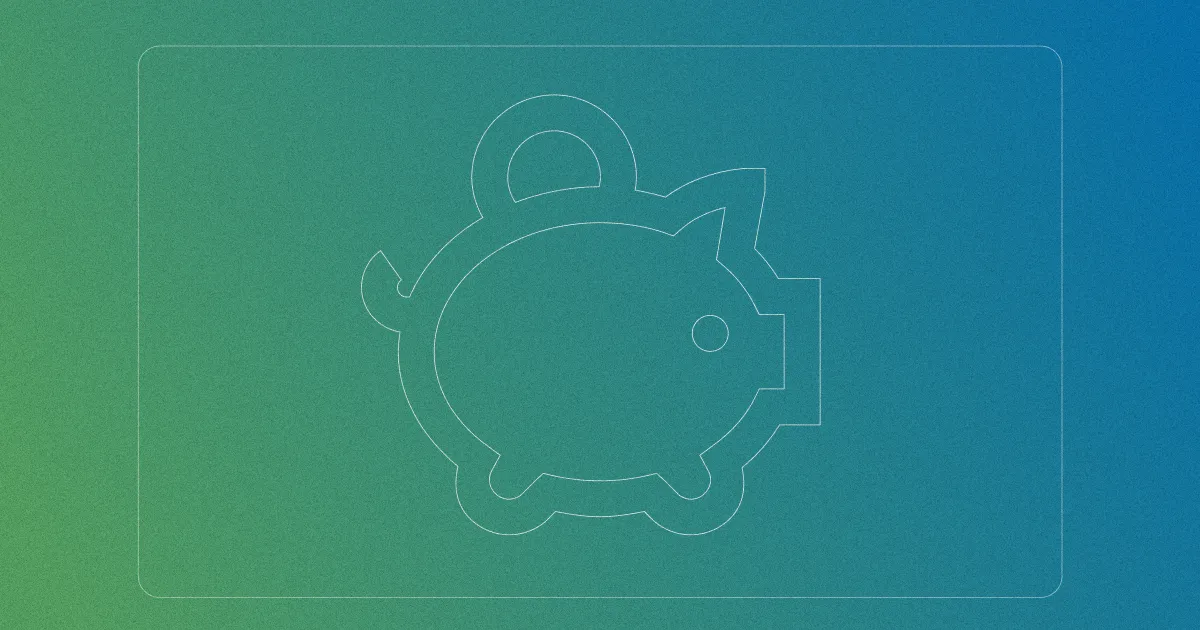GitOps vs DevOps: How They Align, Where They Differ

DevOps has long been the go-to philosophy for streamlining collaboration between development and operations teams. But in recent years, GitOps has emerged as a more specialized approach, especially for teams working with Kubernetes and cloud-native applications. So, how do these two methodologies stack up? This post explores GitOps vs DevOps, highlighting where they align, where they differ, and how they can work together to improve your workflows.
What Is DevOps?
Before diving into the differences between GitOps and DevOps, it’s important to understand the foundations and core concepts of DevOps itself.
The Origins and Purpose of DevOps
DevOps emerged as a response to the traditional divide between software development and IT operations. The goal was to bridge this gap by fostering collaboration, communication, and integration across these teams. DevOps aims to shorten development cycles, increase deployment frequency, and improve the reliability of software releases. Its core purpose is to create a culture and environment where building, testing, and releasing software can happen quickly, safely, and frequently.
Common DevOps Practices and Tools
DevOps practices include continuous integration and continuous deployment (CI/CD), infrastructure as code (IaC), automated testing, and comprehensive monitoring. Popular tools that facilitate these practices are Jenkins for automation, Docker for containerization, Kubernetes for orchestration, Ansible and Terraform for infrastructure management, Prometheus for monitoring, and Microtica for simplifying cloud-native application delivery.
What Is GitOps?
To better grasp how GitOps fits into modern software delivery, let's explore what GitOps is and how it shapes operational workflows around Git.
GitOps Defined: A Git-Centric Approach
GitOps is an operational framework that uses Git repositories as the single source of truth for managing infrastructure and application deployments. The core idea is that the entire system state is stored declaratively in Git, and any changes are made through pull requests, which trigger automated pipelines to reconcile the actual system with the desired state. This git-centric approach emphasizes transparency, traceability, and automation through the GitOps pipeline.
Popular GitOps Tools and Use Cases
GitOps is especially effective in Kubernetes environments and cloud-native architectures. It automates cluster management, infrastructure provisioning, and application deployment, providing a clear audit trail for changes and enabling rapid rollbacks.
Comparing GitOps vs DevOps
With a clear picture of both methodologies, we can now compare GitOps vs DevOps to highlight their similarities and distinctions.
Shared Principles: Automation, Collaboration, and CI/CD
When discussing GitOps vs DevOps, both approaches share important principles. Automation is central to each, with a focus on continuous integration and continuous deployment. Collaboration between teams is encouraged to break down silos and improve efficiency. Both prioritize the reduction of manual intervention to speed up delivery and reduce errors.
Where the Philosophies Begin to Diverge
Despite their similarities, GitOps and DevOps differ in scope and methodology. DevOps is a broad cultural and operational philosophy encompassing a wide range of practices and tools for software delivery and operations. GitOps, however, zeroes in on managing infrastructure and deployments via Git repositories. It promotes a strictly declarative model, where the desired system state is stored in Git, contrasting with the more procedural, script-driven flexibility often seen in DevOps.
How Each Handles Deployments and Rollbacks
In GitOps, deployments and rollbacks are directly tied to Git operations—deployments occur when a change is merged into the repository, and rollbacks are as simple as reverting a commit. DevOps teams may rely on various deployment tools, scripts, or manual processes, which can vary significantly in automation and traceability. GitOps provides a more standardized and auditable path for these processes.
Tooling: Git-Centric vs Script-Based Approaches
GitOps relies heavily on Git repositories and automation tools that watch and sync the desired state. DevOps, in contrast, might use a diverse set of CI/CD servers, configuration management tools, and custom scripts. This difference impacts how teams manage changes, deployments, and infrastructure.
Infrastructure as Code and Change Management
Both DevOps and GitOps adopt Infrastructure as Code (IaC) to define and provision infrastructure. GitOps enforces that Git is the control plane for IaC, meaning every change is tracked through Git commits and pull requests. DevOps may use IaC without making Git the single source of truth, allowing more variability in change management approaches.
When to Choose GitOps, DevOps, or Combine Both
Deciding between GitOps and DevOps—or finding a way to blend them—depends on your team’s goals, environment, and the specific challenges you face.
Standalone DevOps Use Cases
DevOps remains ideal for organizations with traditional applications, complex enterprise environments, or those not fully operating in cloud-native ecosystems. It supports a wide variety of deployment models and integrates well with security and testing practices.
Scenarios Where GitOps Works Best
GitOps excels in Kubernetes-centric environments, microservices architectures, and when deployments require high frequency, repeatability, and auditability. Its principles simplify managing distributed systems and automating deployment pipelines.
Using GitOps to Strengthen DevOps Practices
Many organizations find value in combining GitOps and DevOps. Introducing GitOps principles within existing DevOps frameworks can improve transparency, reduce errors, and make deployments more predictable by enforcing Git as the single source of truth for system state.
Advantages of Integrating GitOps into DevOps
Combining GitOps with existing DevOps practices can unlock new benefits that improve consistency, visibility, and overall deployment reliability.
Boosted Consistency and Visibility
Using Git as the single source of truth improves consistency across environments. Changes are transparent and traceable, allowing teams to see what changed, when, and by whom.
Improved Rollbacks and Recovery Options
With GitOps, rollbacks are straightforward—revert the Git commit and let the automation handle the rest. This improves recovery speed and reduces downtime during incidents.
Streamlined Auditing and Compliance
GitOps naturally supports auditing, as all changes pass through Git. This provides a clear, immutable record ideal for compliance requirements in regulated industries.
Implementation Challenges and Considerations
While integrating GitOps and DevOps brings many advantages, it also comes with challenges that teams should carefully consider before adoption.
Handling Secrets and Sensitive Data
Managing secrets within GitOps workflows presents challenges. Storing sensitive data in Git is risky, so teams use tools to secure credentials without compromising Git’s transparency.
Avoiding Tool Overlap and Overengineering
Introducing GitOps alongside DevOps can lead to overlapping tools and complexity. Teams should carefully select tools that complement each other to prevent duplication and maintain simplicity.
Shifting Team Mindsets and Culture
Adopting GitOps means embracing Git-centric operations and PR-based workflows, which requires cultural change. Teams need to adjust to new ways of managing infrastructure and deployments.
Final Thoughts
The debate of GitOps vs devops isn’t about picking one over the other. Instead, it’s about understanding their strengths and how they complement one another. DevOps provides a broad foundation for collaboration and automation, while GitOps offers a focused, declarative, and Git-driven extension that enhances deployment transparency and control.
FAQ
Is GitOps a branch of DevOps?
Yes, GitOps is considered a specialized subset of DevOps focused on managing infrastructure and deployments through Git repositories as the single source of truth.
What is the difference between DevSecOps and GitOps?
DevSecOps integrates security practices throughout the DevOps pipeline, while GitOps emphasizes using Git for deployment and operations management, focusing on automation and declarative infrastructure.
What is a major disadvantage of GitOps?
A major disadvantage of GitOps is managing secrets and sensitive data securely within Git repositories, which often requires additional tools and processes to avoid exposing sensitive information.
Subscribe to receive the latest blog posts to your inbox every week.
*By subscribing you agree to with our Privacy Policy.

Relevant Posts



